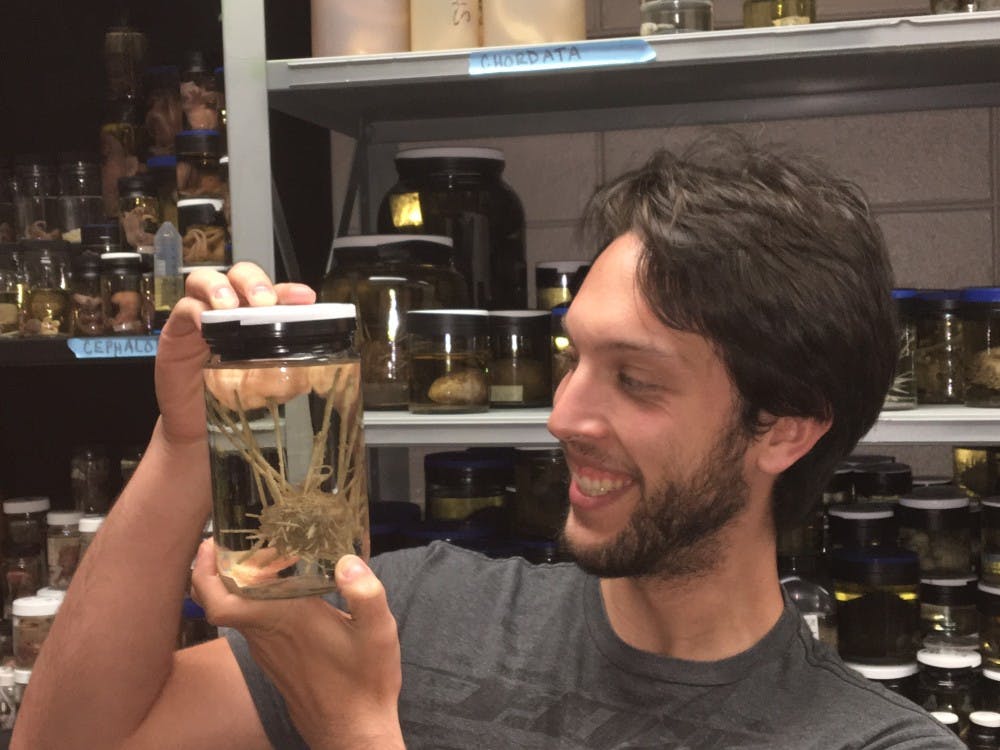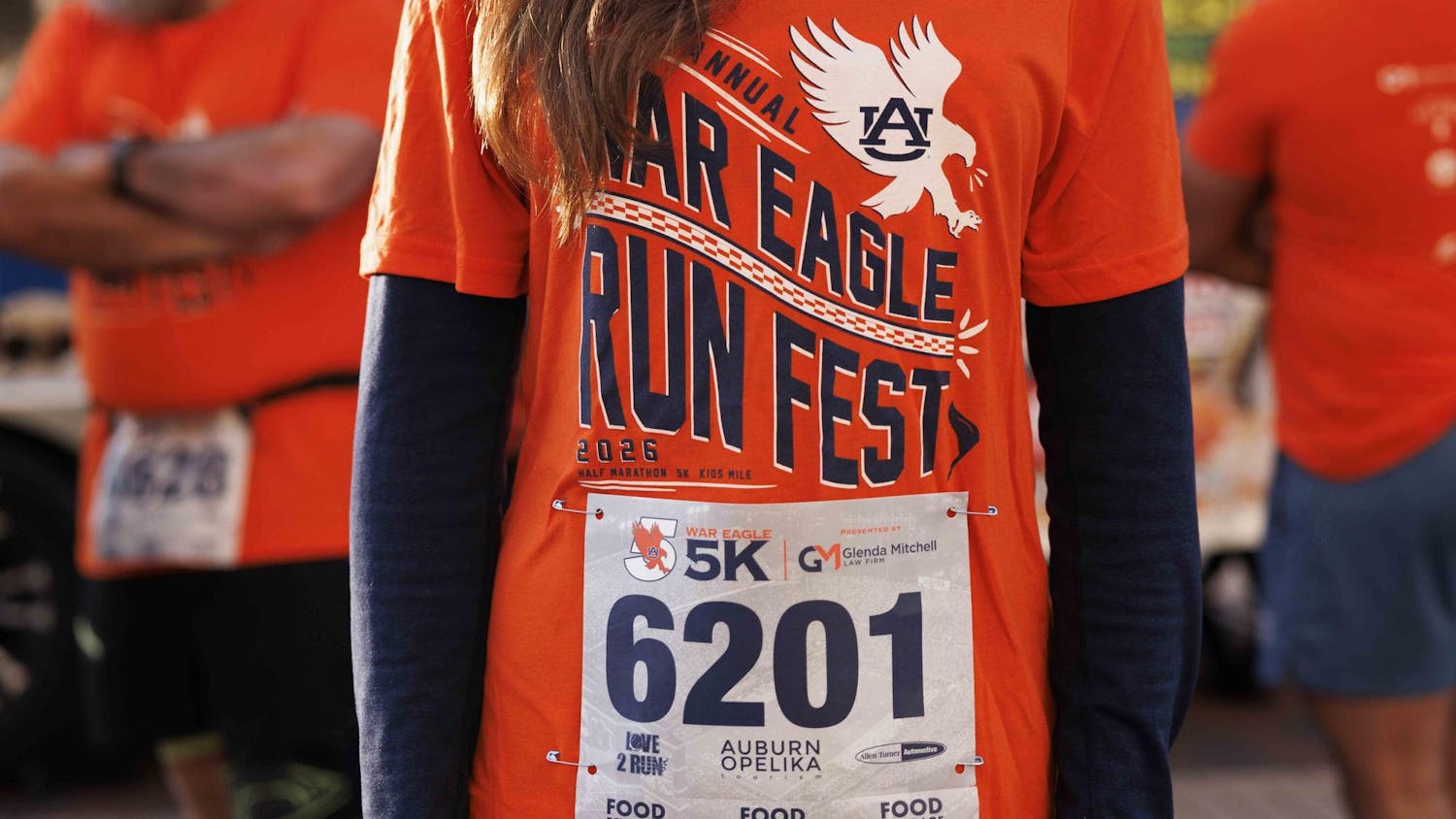After a year and a half of research in Chairman Kenneth Halanych’s biology lab, doctoral student, Michael Tassia has made a step in the right direction towards understanding the immune system.
“The project from conception to publication took about a year and a half, but to get the data together it probably took six to nine months to get the analyses and everything done” Tassia said.
Tassia has a genuine passion for what he does in the labs here at Auburn University. He found his calling in biology while studying in undergrad at the University of Washington.
“I took a marine course at the University of Washington’s Friday Harbor Labs and fell in love with this crazy diversity of weird animals that dominate our oceans,” Tassia said.
Through this “love” of marine life Tassia joined Halanych in his lab to begin researching. The resources Auburn provides its students with in the lab is immensely helpful.
“I would have to work in the Supercomputer itself to get better than what I have right now,” Tassia said.
Tassia did not originate this project, although he has taken it to new levels.
“Mike (Tassia) is building on work that others students and myself, in my lab, have done," Halanych said. "We have been in a position where we have been collecting genomic data from a number of invertebrate groups.”
This project was not just an over night success. It was the building off other people’s research that had come before Tassia. Tassia was not just continuing the work. He decided to take it in a new direction. He began looking at the connection between human immune system and other species in its grouping, called the Deuterostomes.
“From there it was, how do we most accurately and most safely describe how these immunity components link to one another in these groups without spending a century trying to look at one gene at a time,” Tassia said.
Tassia broadened the research that previous students had done before.
“The previous work that the lab had done, we were really looking at just one group of genes or one set of genes," Halanych said. "It is Important, that when Mike (Tassia) got on to this, he expanded the whole project."
Being a research university allows Auburn to stands out from the rest, Tassia said. Halanych and Tassia plan to continue to make strides in the field of the immune system.
Do you like this story? The Plainsman doesn't accept money from tuition or student fees, and we don't charge a subscription fee. But you can donate to support The Plainsman.





